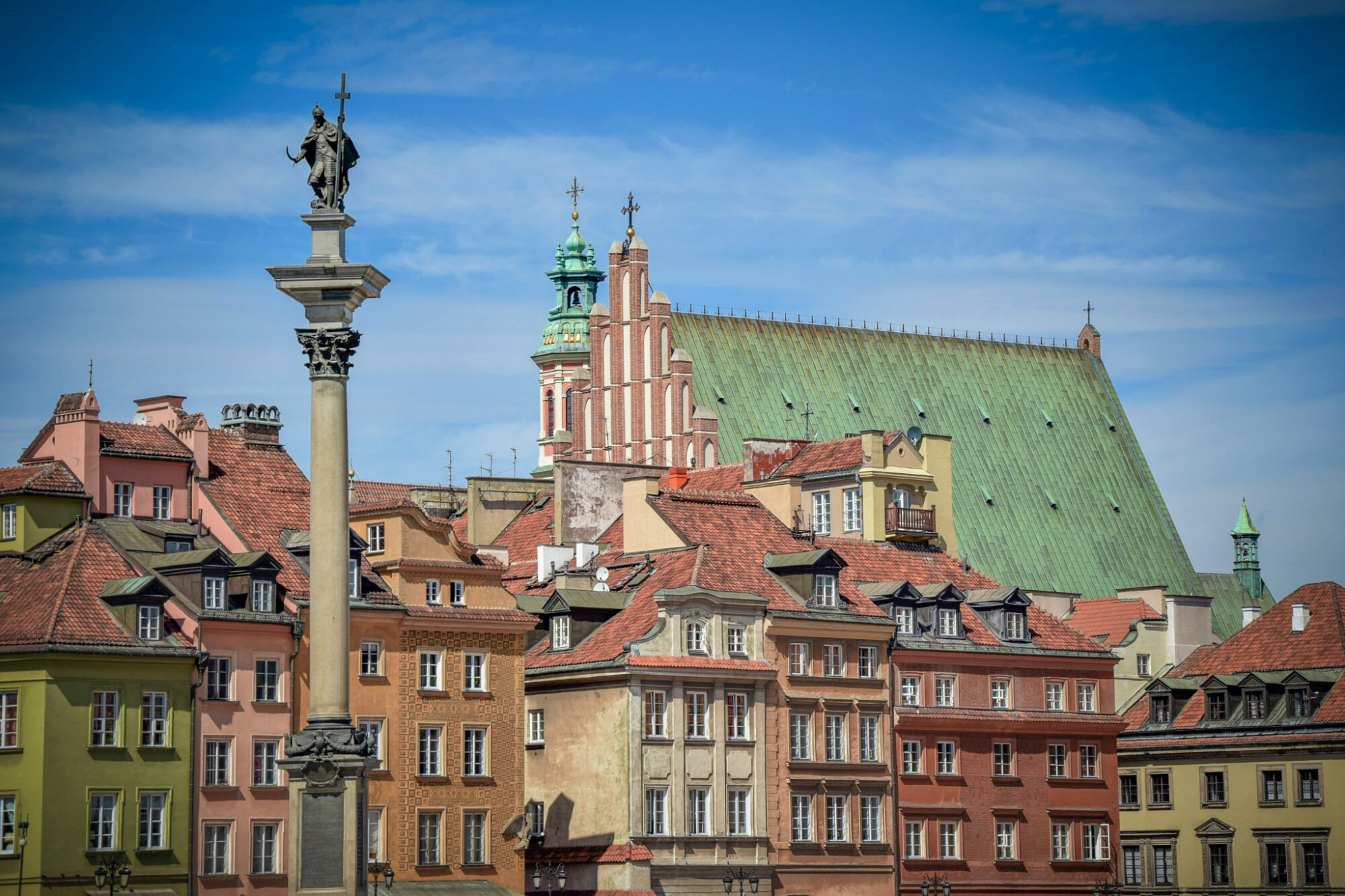Editor’s Note: This piece is brought to you by Kateryna Shtepa, a student at Taras Shevchenko National University of Kyiv and member of the Ukrainian Association of Foreign Policy
The United Kingdom continues to pursue a proactive foreign policy in Eastern Europe, supporting its allies while imposing restrictions on antagonists. Recent months have seen successful agreements concluded, sanctions enforced, and democracies supported.
Ukraine
Relations between the two countries have remained at an unprecedentedly close level since the start of Russia’s full-scale invasion. The UK has been actively advocating for Ukraine’s vision of ending the war and relaying key messages to Washington. Symbolically, on May 8, during the London military parade marking the 80th anniversary of victory over Nazism in Europe, Ukrainian troops stationed in the UK as part of Operation Interflex — a British-led training program for Ukrainian recruits conducted in partnership with 12 allied nations marched in the celebrations. More than 50,000 Ukrainian soldiers have already completed training under the program, which has now been extended at least until the end of 2026.
Yet cooperation goes far beyond symbolic gestures. Prime Minister Starmer and President Zelensky signed a new agreement to deepen military cooperation, focusing on the exchange of “battlefield technologies.” Under the deal, “data packages from the Ukrainian frontline will be connected to British production lines,” making the arrangement concrete and mutually beneficial. Priority areas include drones, air-defense, and counter-drone systems, though the scope of the agreement is much broader.
In addition, within just the first two summer months, the UK spent over £150 million on air-defense and artillery munitions, with another £700 million earmarked for similar purchases by the end of the year. London has also shown interest in Ukraine’s agricultural potential by funding research on wartime soil contamination.
Analysis of statements and reporting suggests that the key question in bilateral relations is no longer about resources or support, but about the political will and security guarantees that the UK is prepared to provide, or withhold, from Ukraine. As debates continue, much depends on Starmer’s position, which is likely to influence decisions in continental European states that are both economically and politically weaker.
Russia
Tensions remain high as the UK continues to designate Russia a “direct and acute” threat in its strategic defense review. In June, London introduced a new package of sanctions targeting Russian individuals, companies, and dozens of vessels linked to Moscow’s shadow fleet used to circumvent international restrictions, particularly in the energy sector. A further round of sanctions in July focused on oil and gas, aiming to cut revenues that fund Russia’s war machine.
The UK appears determined to keep striking at this vulnerable point, as Russia’s military effort requires ever greater financial resources. London’s open labeling of Russia as a threat underscores its long-term defense and security strategy, one unlikely to shift, even if Washington’s approach diverges.
Moldova
Ahead of Moldova’s upcoming parliamentary elections, a UK delegation led by Chris Allan, Director of the Eastern Europe and Central Asia Directorate at the Foreign, Commonwealth & Development Office, visited Chișinău for the first time since April 2024 to attend the next round of the Strategic Dialogue.
Both sides emphasized strengthening cooperation aimed at supporting Moldova’s democracy, bolstering national resilience, developing institutional capacity, promoting bilateral trade and economic growth, and backing free and independent media as well as civil society.
With Moldova on the path toward EU accession, facing strong pro-Russian opposition parties and hosting a Russian military enclave on its territory, the UK sees it as crucial to ensure Moldova remains oriented toward the West and resilient against Moscow’s attempts to interfere in its sovereign elections.
